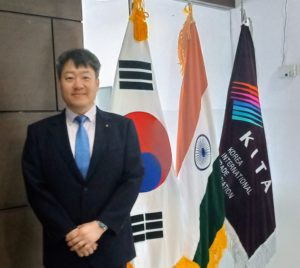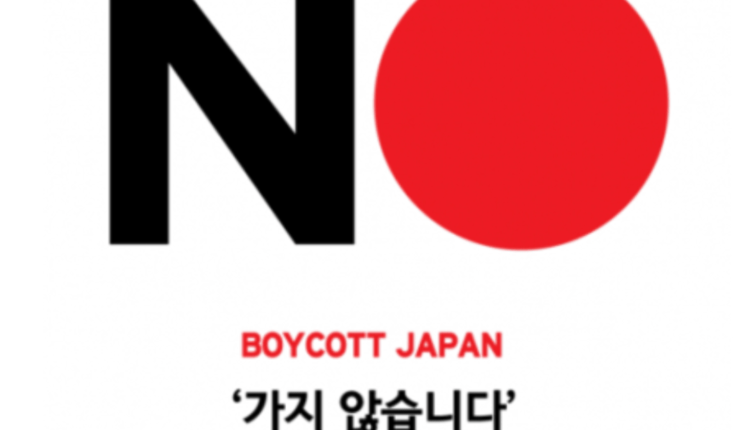NEW DELHI. As the ongoing politico-commercial spat between two Asian giants – South Korea and Japan intensifies with anti-Japan protests “No No Japan” gaining ground in South Korea, the Korea International Trade Association (KITA) in India has said that the impact is not felt here.
While registering its protest against the trade restrictions Japan has slapped on South Korea, KITA has sought mediation from its allies including India.
KITA’s chief representative and director in India Hee-chul Jung said that it is business as usual’ in India as the Japanese community continued to enjoy Korean food at latter’s restaurants and vice versa.

“I am against any sanction unless clear evidence of the threat to humanity or foul play in the fair competition is displayed. As a staffer working in economic organization, I advocate unhampered cross-border trade. It is what made both Japan and Korea prosperous. Slapping sanctions will equally damage each other,” said Hee-chul Jung.
The anti-Japan movement ‘No No Japan’ and ‘No No Abe’ kicked off recently and majority of South Koreans stopped buying Japanese products and services in South Korea after Japanese Prime Minister Shinzo Abe’s administration’s decision on July 4 to tighten controls on exports of three chemicals essential for making semiconductors and flat-panel screens used in smartphones and TVs to South Korea.
“Both countries often argue about the past. The sour period must go away quickly. No one knows how, but whoever stretches out hand in apology or consolation will be the true winner. Meanwhile, we look for mediation from our allies. India can also play a role, I guess,” the KITA’s chief in India added.
Hee-chul Jung said that the impact of No No Japan movement was yet to be felt in India as South Koreans and Japanese continued to enjoy friendly relationship here.
“As far as the bilateral relationship in India is concerned, I do not sense any abnormalities. I find Japanese in Korean restaurants and vice versa. I will also freely visit Japanese restaurant whenever I crave for Donburi or Ramen. Just last week, I bid brotherly farewell to Mr. Nakajo of JETRO New Delhi and look forward to greeting his successor,” said Hee-chul Jung.
According to experts the ongoing tussle between South Korea and Japan that witnessed South Koreans boycotting Japanese products and services will have worrying implications not just for their domestic economies, but also for a global trading system already roiled by US-China tensions.
Experts also feel that the global supply chain for tech equipment also could be disrupted in time to come, and in fact, the Korean giants like Samsung have already started feeling the heat of shortage of components.
KITA, however, is hopeful of amicable resolution of the dispute in the imminent future.
“We the Koreans and Japanese should behave and treat each other like fellow Indians. We must try our best to share friendship and prosperity with anyone within the Indian border,” said Hee-chul Jung.


